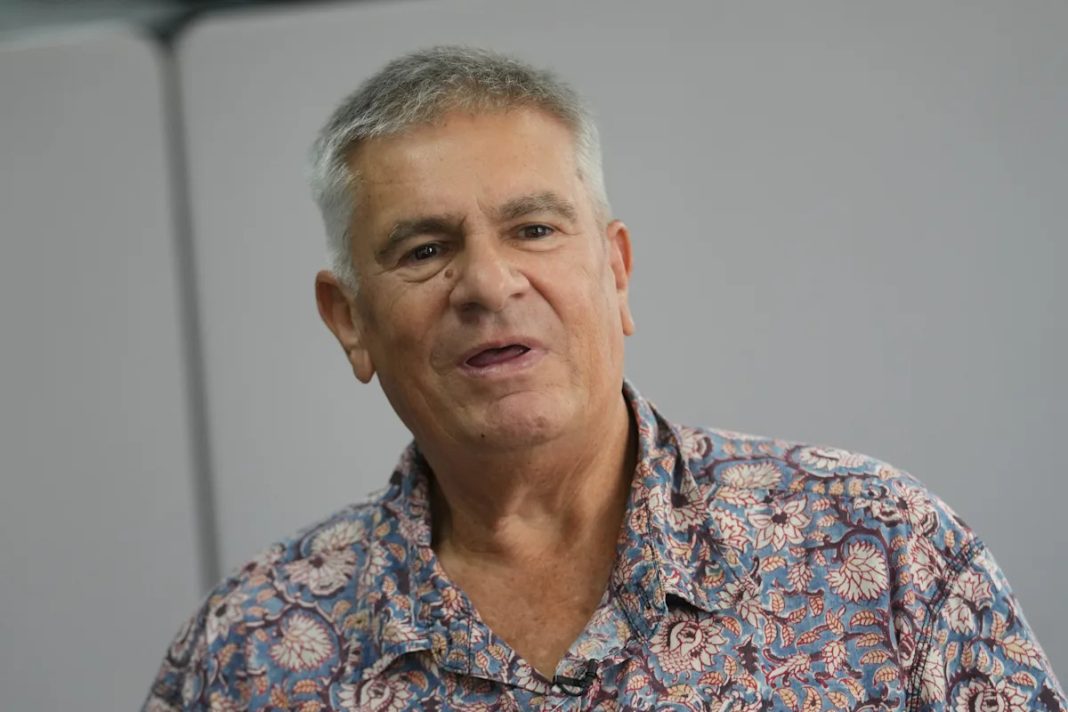BANGKOK (AP) — An Australian man arrested in Thailand on a defamation charge that he says originated with Malaysia’s government said Thursday he is a victim of transnational repression, in which Southeast Asia countries cooperate in seizing dissidents or critics of third countries.
Independent scholar and writer Murray Hunter, 66, told The Associated Press that he believes he was improperly arrested by Thai police Monday for articles he had written about Malaysia in 2024 on his online Substack newsletter, and he questioned how his case falls under Thai jurisdiction.
Concerns about cross-border repression have been documented by groups such as Human Rights Watch and U.N. rights experts, who in a July report expressed “profound concern regarding the reported rise in transnational repression … to deter, silence or punish dissent, criticism or human rights advocacy.”
The report to the U.N. Human Rights Council said suspected human rights violations also included serious claims of extrajudicial executions and enforced disappearances implicating Thailand, Laos, Cambodia and Vietnam, allegations that have been denied by all those countries.
Hunter, who lives in southern Thailand, was arrested on Monday at Bangkok’s Suvarnabhumi Airport as he was about to board a flight to Hong Kong. He was jailed overnight and then released on 20,000 baht ($620) bail, pending a Nov. 17 court appearance. The charge of defamation by publication against him is punishable by a maximum prison term of two years and a fine of 200,000 baht ($6,180).
Hunter blamed the Malaysian Communications and Multimedia Commission for lodging the criminal defamation charge against him. A copy of his charge sheet seen by AP identifies that agency as the victim in the case, but says the complainant was a person staying at a hotel in Bangkok who it did not name.
The commission did not immediately reply to a request for comment on Hunter’s case. The Thai Foreign Ministry said it could not immediately comment.
A joint statement issued Wednesday by Malaysia’s Centre for Independent Journalism and the free speech organization PEN Malaysia said that if the commission was involved in the arrest, seeking a cross-border arrest for political criticism goes against the spirit of Malaysia’s constitution and its protections for freedom of expression.
“Although the Government may reference legal grounds under current restrictive laws, using Thai public authorities to silence dissenting speech would be an overreach of its powers and jurisdiction, and weaken constitutional guarantees,” it said.
Hunter said his case should be cause for concern, because “if this can happen to me, any journalists now, where a body in another country makes a complaint against them to the Thai police, could have the same consequences and be picked off a flight and put in a lockup.”

